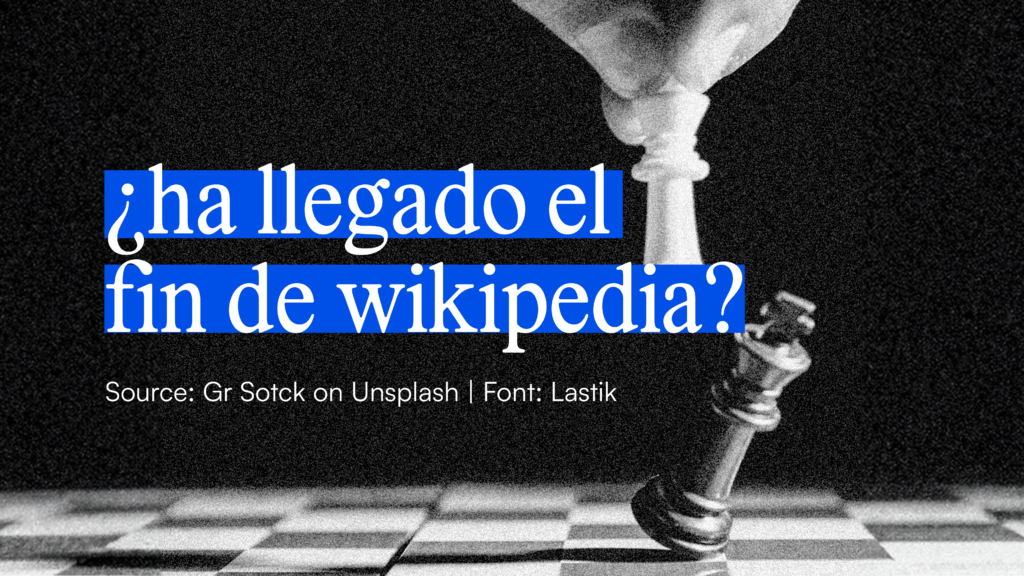In recent years, advancements in artificial intelligence have revolutionized the way we access and process information. Tools like ChatGPT have made it incredibly easy, enabling everything from generating code to obtaining up-to-date documentation with just a quick search.
But before all this arrived and transformed how we access information online, let us ask you a question: How many times did you turn to Wikipedia to resolve your doubts?
For years, Wikipedia has been the cornerstone of collaborative knowledge, a space where millions of people have voluntarily contributed to creating an encyclopedia accessible to everyone. However, in a world where AI can generate instant and personalized responses, a crucial question arises: What role does Wikipedia play now?
The open online encyclopedia, founded in 2001, is one of the most recognized symbols of the open internet. Since its inception, the platform has upheld its commitment to accessibility and an ad-free experience.
However, with the advent of AI—especially advanced language models like ChatGPT—a potential threat looms. Will artificial intelligence displace Wikipedia as one of the primary sources of information?
The concern is real. Chatbots, by offering immediate and concise answers, may prove more appealing to users, thereby reducing Wikipedia’s traffic and relevance. This could lead to a decline in participation and, in the worst-case scenario, a lack of resources to keep it operational.
Aware of this challenge, Wikipedia launched a donation campaign this summer, inviting internet users to contribute a small amount to secure its future. With a direct message, they asked: “If what Wikipedia has given you is worth €2.75, will you lend us a hand?”
The question now is: Will Wikipedia disappear, or will it leverage the resources of its greatest threat—AI?




